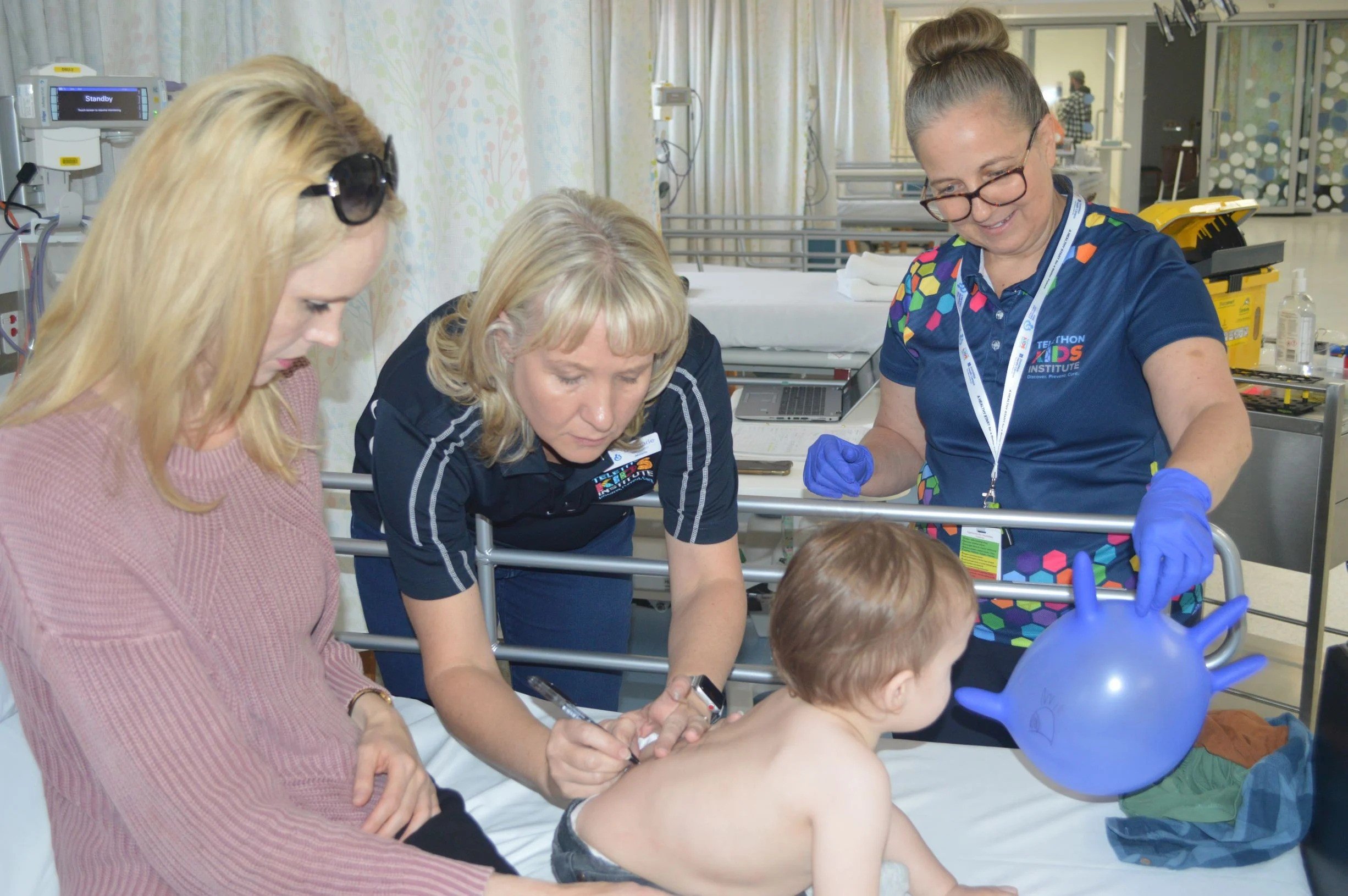Search

The BioMood project will study how following a Mediterranean diet during pregnancy affects the gut microbiome, metabolism, and inflammation, with the expectation that it will promote a healthier microbiome and better mental health.

This study explores the role of infant sleep in early childhood development.

News & Events
ORIGINS is pleased to announce the 2024 recipient of its inaugural PhD Student AwardMiss Braddon will be awarded with $15,000 to go towards her research project, DreamStart

This project aims to investigate the impact of a non-severe burn injury on children's health for life.

News & Events
Associate Professor Debbie Palmer Awarded Stan Perron Charitable Foundation FellowshipThis fellowship will assist Associate Professor Palmer in her large-scale food allergy prevention trials.

ORIGINS is an interventional cohort study, meaning participants receive timely feedback and an action plan to address any potential abnormalities.

Antibiotic dysbiosis and probiotics trial on infants

Mental health and wellness is critical to the overall wellbeing of a person, and can also impact on physical health. Researchers are exploring the mental wellbeing of mothers and their experience of motherhood and pregnancy, and effective support options available. Mental health development of the child is also explored, as well as the impact of the COVID-19 pandemic on our ORIGINS families.
As well as ORIGINS long-term core research, there are a number of clinical trials, early interventions and shorter-term research studies that sit within ORIGINS. Known as sub-projects, these studies look at multiple aspects of child and family health and development.

News & Events
Embracing the Mind podcast returns for season twoDr Alix Woolard is the host of the Embracing the Mind podcast.
